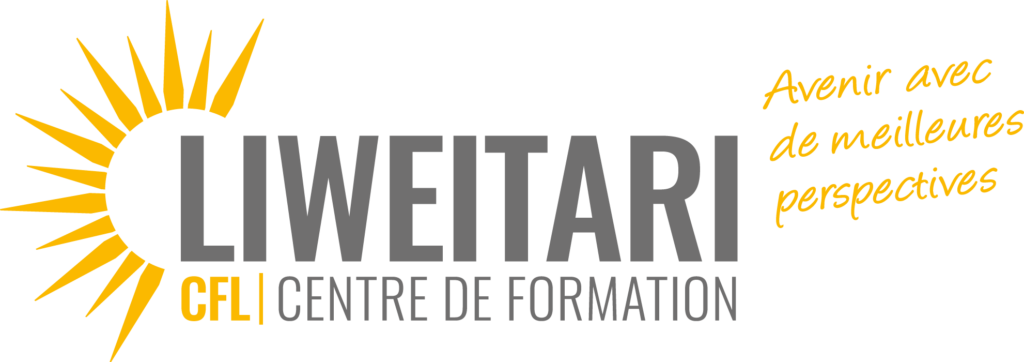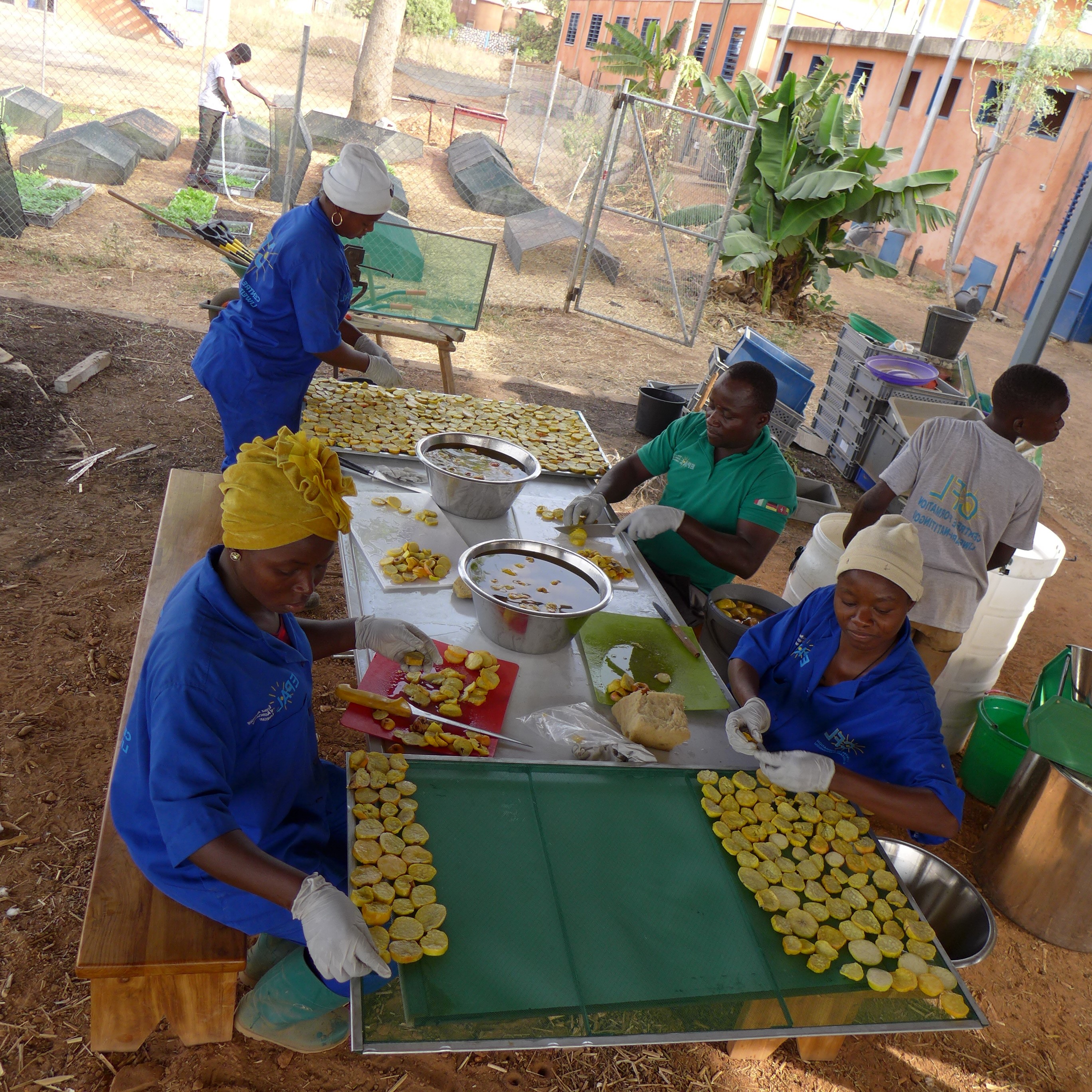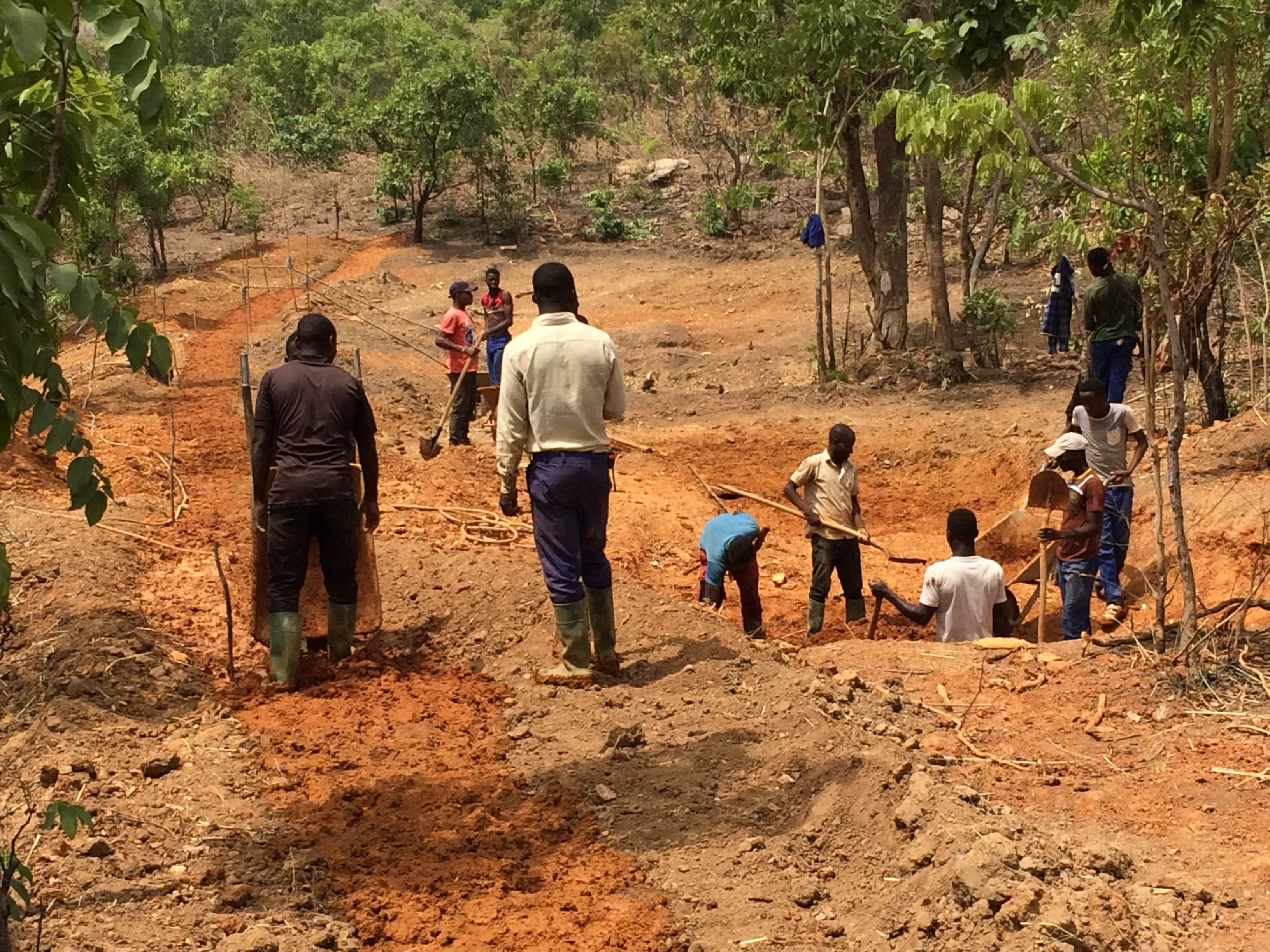The “Ecole Pratique d’Agriculture Liweitari”, or EPAL, is a subproject of the professional training CFL in the North of Benin. The biological agriculture school EPAL was established in 2018 by the founder of the CFL, the Swiss Heinrich Roth, in order to render a balanced diet available for all and to save existing natural resources despite a fast growing population facing the difficulties climate change brings with it. Thus, the programme is more than just a training. It serves to save the basis of human living.
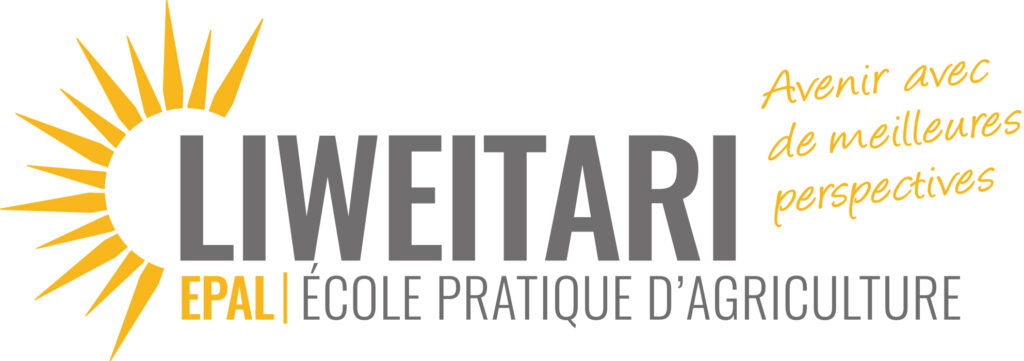
Presentation
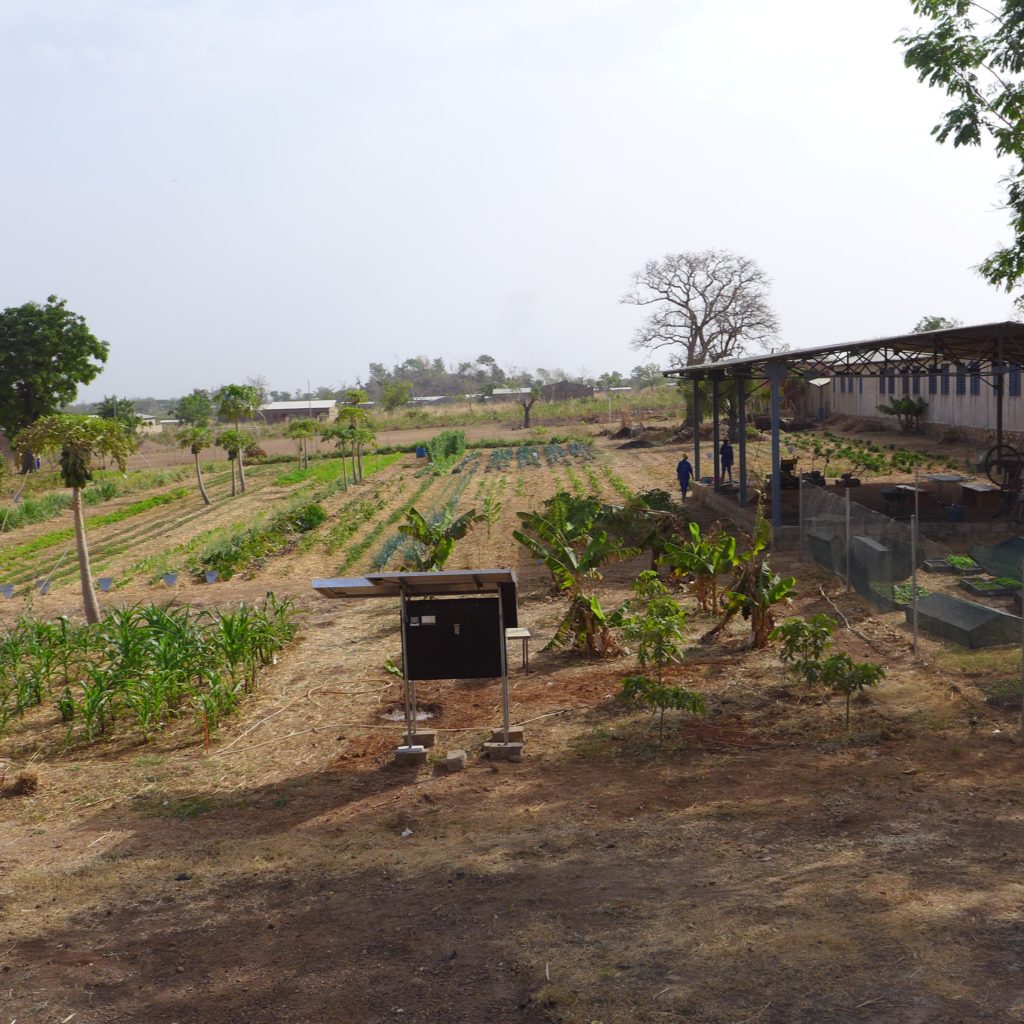
Nutrition improvement
The training at EPAL aims to improve the production of food all over the country. To this, in addition to the organic agriculture, also the protection of forests and the levelling up of the water table are important to us.
The ecological cultivation of plants saves natural resources and increases crop yields. Moreover, by carrying out different measures for nature restoration on a site of 60 ha, 3 kilometres from the CFL, the supply in drinking water is to be ensured.
Research
Research is crucial at EPAL. By considering the newest scientifical results, experiments are always ongoing. For example with parasite resistant plants and new varieties on small plots. Organic, home-made pesticides are also tested. The results of the cultivation is strictly observed and noted and all the knew information is respected in planning and conducting following cultures.
Hereby the species and varieties of plants and the period of cultivation are constantly optimized.
Trainings in villages
The work of the EPAL began in 2018 with several training of 3 days, carried out in various villages. Even today, in addition to the 3-years training, such trainings are still offered.
By doing so, as large a public as possible should be covered to rapidly improve the food production and to anchor the importance of saving natural resources deeply in the conscience of society.
Conservation and use of food
EPAL attaches high importance to food conservation, to improve food security. The trainees are taught different ways to conserve food.
EPAL itself produces juices, dried fruit, dried vegetables and preserves of all kinds of fruit and vegetables from harvested fruit. Furthermore, fruit sliced are dried. Parts of the produce are sold at the market. However, in general most of the agricultural produce, especially basic food such as corn, rice and vegetables are used in the CFL kitchen. The goal is to completely cover the CFL demand for nutrition without needing to buy additional food from external sources.
From 2024, bee honey will also be produced in first-class quality using hives produced in the CFL itself.
To cultivate those food, EPAL uses a few hectares of their 60 hectares area. This terrain is located about 3 km from the CFL location. On the rest of the terrain a nature restoration project is ongoing (see below).
Training at EPAL
EPAL is a part of the CFL and trains young people – the majority of the apprentices is between 16 and 25) in regenerative agriculture.
The majority of the farming are based on the principles of “Farming God’s Way”. The students are shown how to increase crop yields and retain the soil’s fertility using ecological methods. Being consistent in applying those methods, the harvest volume will be increased significantly as well as a massive improvement in soil fertility in the long term. At EPAL no chemical fertilizers are used, but only pure natural fertilizer. That is why the correct fabrication of a fertilizing compost is an integral part of the training.
Moreover, it is strictly observed to rotate the plants in order to let the soil regenerate instead of exploiting all minerals. Soils are also covered thoroughly to protect them against drying out and thus losing fertility during the dry season from October to April. The results are listed in detail and all new insights are respected for the following cultures. In addition, the apprentices are included in a nature restoration program (see below), which protects existing forests and aims at increasing the groundwater level.
The training of organically treating soils and carrying out measures for nature restoration are important to protect existing water resources and ensure their long-term availability as well as increasing soil fertility while the population is rapidly growing. All this is necessary to provide a sustainably secured supply in food and drinking water to the people in Benin.
Nature restoration project
Introduction
In 2020 EPAL started a nature restoration project, conducted on their area of 60 hectares. The aim is to raise the groundwater level, which in turn should solve the problem of the precarious water supply.
Initial situation
Despite heavy precipitations of about 1000 mm during the wet season, soils dry out completely in many parts during the dry season from October to April. Therefore, the rain water is just draining without being stored in the soil. Consequently, not only is the groundwater level dramatically decreasing, but also the soil fertility is suffering.
Project realization
On the project area „Kuyie nko menie“ (60 ha) various dams of different size are constructed. They are integrated into the landscape in a natural way. Moreover, an extensive reforestation with local trees is done.
The implementation of the nature restoration project is conducted in various steps, beginning in the valley and gradually moving upwards in the hills by building a number of natural dams of different sizes.
Effects
By conducting the mentioned measures, it is ensured that the stream traversing the area will be flooded with water for all of the year. Moreover, the region’s groundwater level is raised significantly, as rain water can again infiltrate the soils. Thus, for the whole year, also during the dry season, there will be more water available for nature and agriculture.
In addition, fish farming will be possible in the ponds and the surrounding fields can be used as precious farming land for growing diverse fruit trees and useful plants. The surplus of water can be used to irrigate already existing fields. In this way, the project contributes to an ensured food supply and to a balanced diet respectively.
Summary of the renaturation’s advantages:
- Significant raise in groundwater level
- Fish farming in ponds
- Using adjacent fields for farming
- Cultivation of fruit trees and useful plants in the surroundings
- More water for the irrigation of existing fields
- Bottom part of the stream can be used during all the year (e.g. for laundry)
- Financial income for local workers
- Relaying the importance of a responsible use of resources and the knowledge of how to apply it in practice
